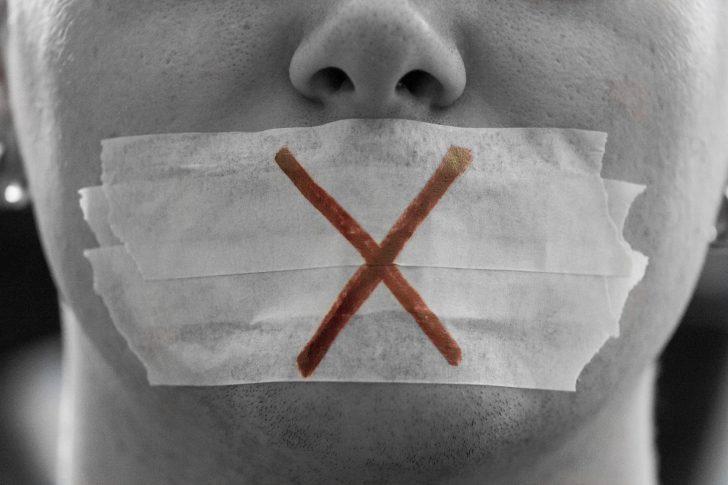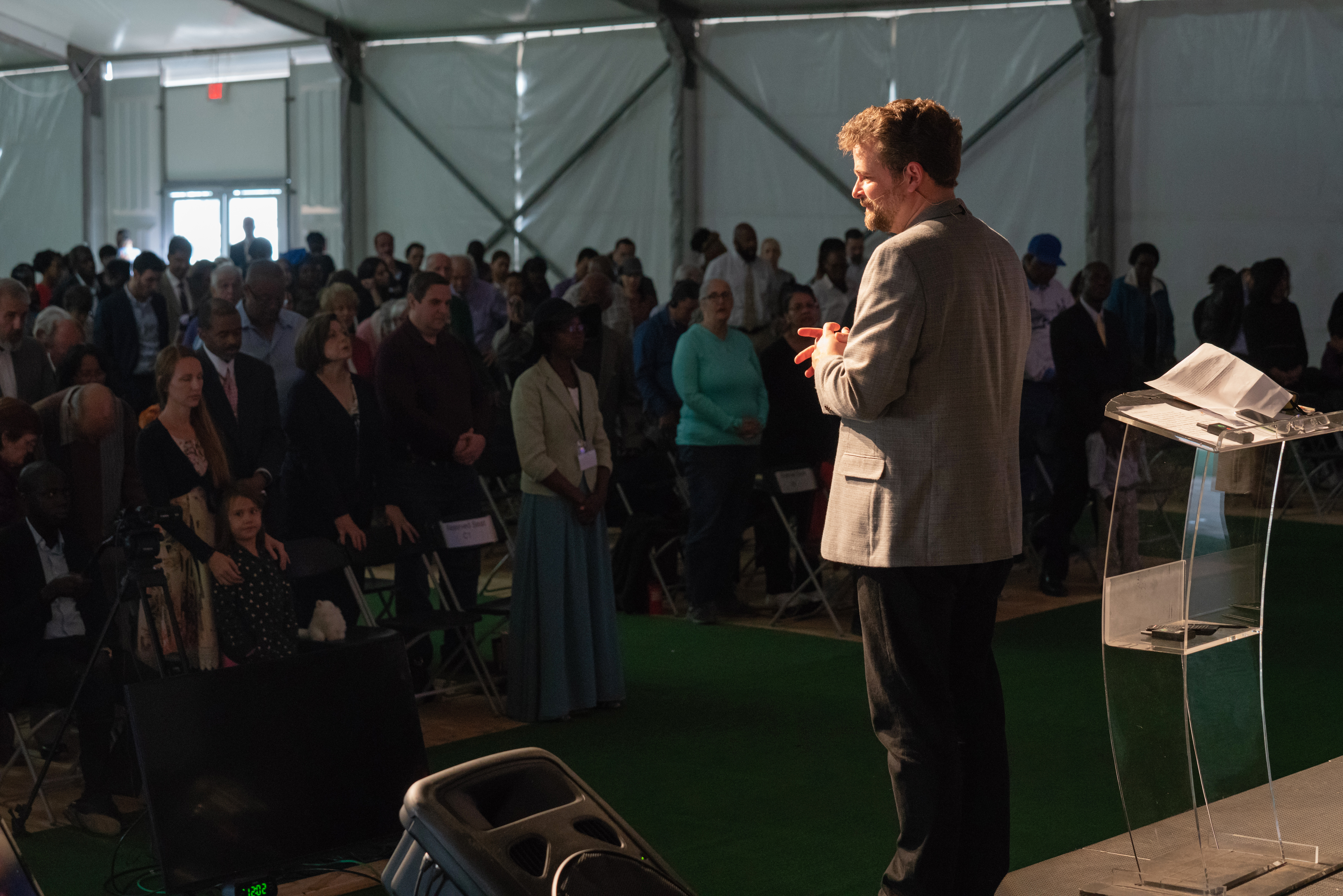
The Right to be Offended
It’s entirely possible that our generation has been coddled far too much.
Not everybody answers to that description, but enough of our fellow citizens are behaving so poorly that we should probably take inventory and assess our changing culture.
What poor behavior, you ask? The persistent attempt to silence those with whom we disagree. We’ve gone from safe spaces on college campuses, replete with fuzzy blankets and puppy videos, to incessant trigger warnings . . . and now coercive attempts to deny people the right to speak or associate with whomever they please.
Take, for example, the recent shut-down of a controversial event at Brown University. Janet Mock, a transgendered activist, was scheduled to speak at Brown/RISD Hillel, the Jewish student center. The event was sponsored by Moral Voices, a committee dedicated to exploring . . . well, the committee’s name spells it out: moral issues.
There was a protest. But it wasn’t alternative sexuality that people found controversial: apparently, the protesters objected to Hillel’s political positions on the Palestinian conflict. Critics proposed that sponsoring Janet Mock was tantamount to “pinkwashing.” What’s pinkwashing? It’s a marketing strategy: an attempt to make yourself look progressive by adopting pro-LGBT positions. (It’s akin to “greenwashing,” or making yourself look environmentally friendly in order to distract from something else.) Those opposed to the event suggested that it was an attempt to appear tolerant in order to distract from the suffering of Palestinians.
A petition was circulated; it garnered fewer than 200 signatures.
The event, nevertheless, was canceled. I suspect it was canceled for fear of disruptive behavior.
Forcibly shutting people down—bullying—is becoming epidemic, and not just on college campuses. The new normal in America appears to be: if you don’t like someone, shut them up, and use disruption and coercion if you have to. Scream over top of them. Disrupt their event. Scare them out of holding it. Use the powers that be to stop the event.
It used to be, if you didn’t like what someone stands for, you simply didn’t go to the event. Or you changed the channel. Or you wrote a rebuttal or a letter to the editor. Or you courteously asked for a debate. Or you sponsored your own event to float an alternative point of view. Or . . . well, you did something that respected individuals and the First Amendment (or its equivalent in other western societies).
But that’s all changed. Now we shout, we scream, we disrupt.
Once upon a time, we instinctively understood that it’s inappropriate to force people to stop talking or thinking. We used to understand that disruption is rude . . . and usually counterproductive.
Maybe all those “everybody-gets-a-blue-ribbon” events we created in the education system weren’t such a good idea. Maybe eliminating every and any risk (including tree-climbing and the tetherball in the schoolyard) wasn’t all that helpful, after all.
Perhaps it’s okay to let kids lose or fail when they haven’t done their best. Maybe it’s okay to not get everything you want. If people never experience disappointment or discomfort, they’re ill-equipped for the rigors of the real world . . . and then they seem to insist that no one must ever make them uncomfortable, ever again.
I know, I know: it’s a simplistic analysis, but tell me the shoe doesn’t fit. We’ve got a generation on our hands that seems a little confused about what the world actually owes them—or doesn’t owe them. We’ve tweaked the culture to the point where nobody seems to be able to coexist.
Here’s what worries me the most: during the depths of the Dark Ages, there was a religious and political power that exercised editorial control over the opinions of European society. In that world, there would have been no Jewish student society, let alone a transgendered speaker. In that world, there was an Index Librium Prohibitorum—an index of forbidden books. Jews were deported; someone like Janet Mock likely would have been put to death. In the post-revolutionary world, we have unprecedented liberties to think, speak and believe as we please. We no longer have forced group-think.
But it appears to be making a comeback, and that should be of concern to anyone who’s noticed that a second beast eventually forces the world to worship the image of the first beast. (Revelation 13). The Bible doesn’t sugarcoat the future: there will be coercion of conscience.
The moment appears to be ripe for a leader who has the ability to gather all the threads of dissent and offer prescribed ways to think as a solution. All it will take is for someone to recognize the political potential of promising to make the whole nation a safe space. We must be very careful before we hand editorial control of our minds to anybody else, whether it be angry mobs, the government, or even church counsels. We might unwittingly be paving the way for the rise of the second beast, who appears lamb-like but speaks as a dragon.
The price of freedom is living with occasional discomfort. We do not have the right to never be offended. We who believe the gospel must never advocate forcibly silencing voices that make people squirm, because our message—the gospel—makes just about everybody squirm.



